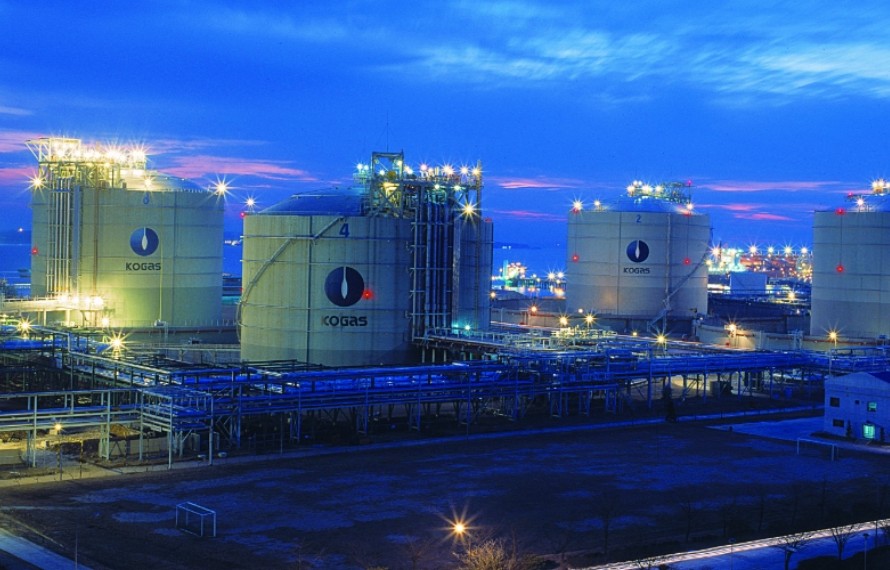This story requires a subscription
This includes a single user license.
State-owned Kogas sold 2.25 million mt last month, compared to 2.44 million mt in July 2024, the firm said in a stock exchange filing.
July sales were 12.6 percent higher compared to the previous month’s 2 million mt, which marked a drop of 12.4 percent on the year.
Purchases by power firms decreased 10.5 percent year-on-year to 1.31 million mt in July, and were higher by 23.8 percent compared to the previous month.
Moreover, Kogas said its city gas sales dropped 3.1 percent year-on-year to 938,000 mt in July. City gas sales were flat compared to the previous month.
Kogas said in its quarterly report last week that it had sold 18.89 million mt in the first half of this year.
This is up by 3.7 percent compared to the same period last year.
Kogas said its city gas sales rose by 5 percent as demand for civil use increased due to a sharp drop in temperature in February and April compared to previous years.
The firm also said that demand for industrial and fuel cell use increased, leading higher sales volume.
According to Kogas, power firm purchases increased 2.1 percent as power generation increased following the start of commercial operation of new power units.
Korean LNG imports
Kogas operates 77 LNG storage tanks at five LNG import terminals in South Korea.
The large terminals include Incheon, Pyeongtaek, Tongyeong, and Samcheok, while the firm has a small-scale regasification terminal at the Aewol port on Jeju island as well.
In addition to these facilities, the firm is building a large terminal in the western port city of Dangjin.
Kogas expects to complete the first phase of the Dangjin LNG terminal in May 2027 and the second phase in October 2028.
Official statistics for South Korean LNG imports in July are not yet available.
According to customs data, South Korean LNG terminals received 23.04 million mt of LNG during the first six months of this year, a drop compared to 23.44 million mt in 2024.
Australia was the biggest supplier to South Korea during the six-month period, with 7.14 million mt of LNG, followed by Qatar with 3.81 million mt, and Malaysia with 3.36 million mt, the data shows.

